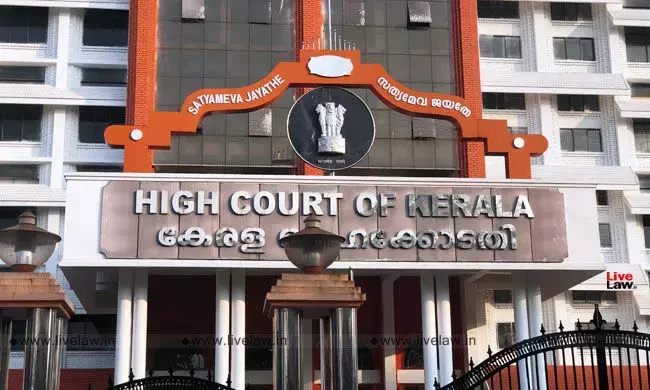Right To Be Forgotten Can't Be Used As Tool To 'Erase History': Google Tells Kerala High Court
Athira Prasad & Navya Benny
30 Sept 2022 2:43 PM IST

Next Story
30 Sept 2022 2:43 PM IST
The Kerala High Court this week continued hearing a batch of petitions seeking enforcement of 'Right to be Forgotten' and consequent removal of identifiable information from judgments or orders published in various online portals and the High Court Website.A Division Bench consisting of Justice A. Muhamed Mustaque and Justice Shoba Annamma Eapen heard the case of a dentist who is aggrieved by...
